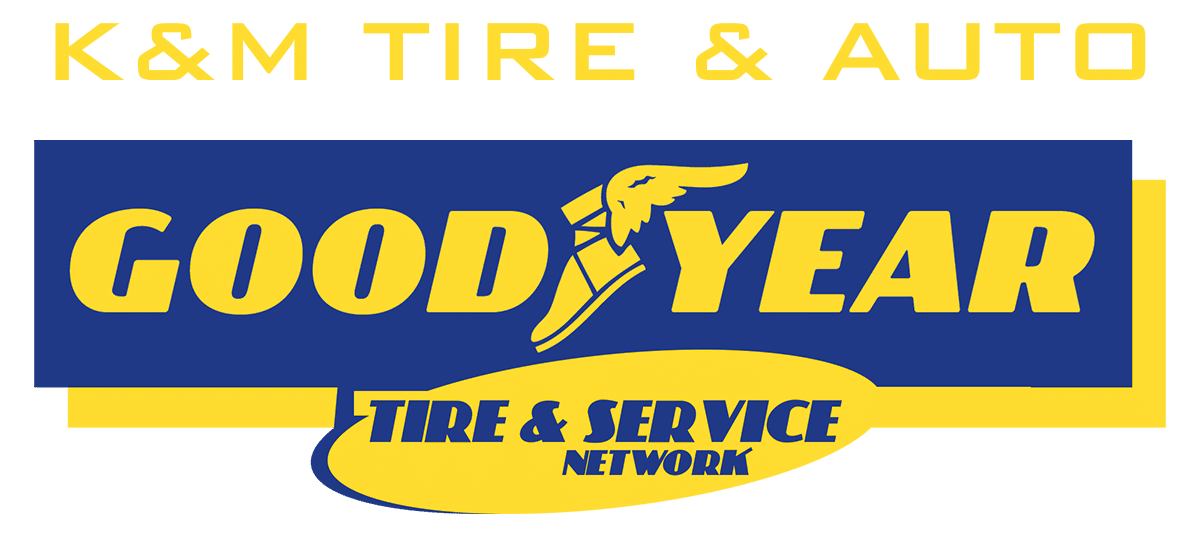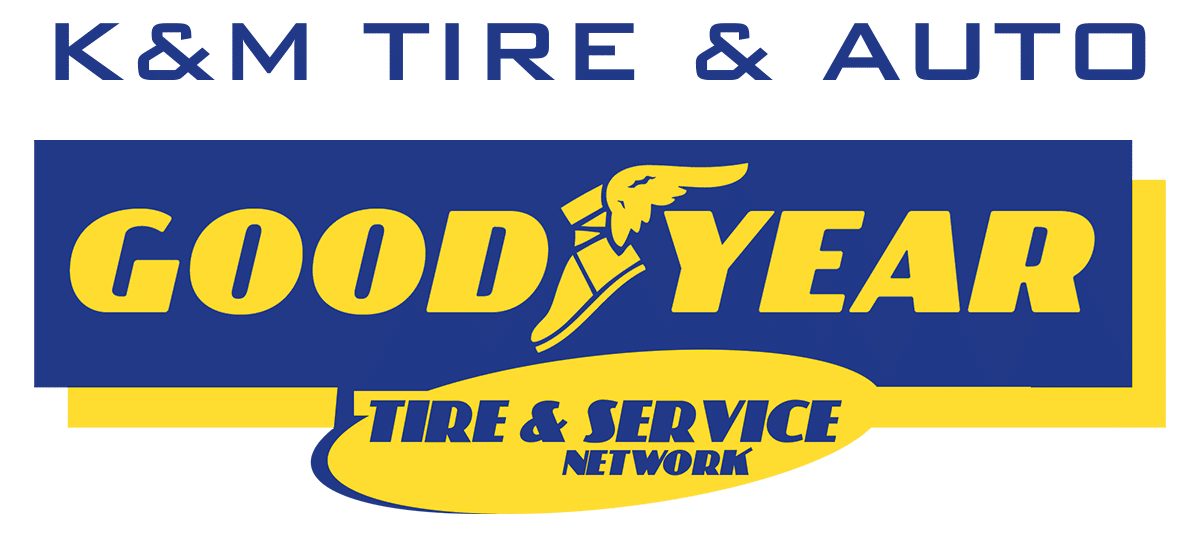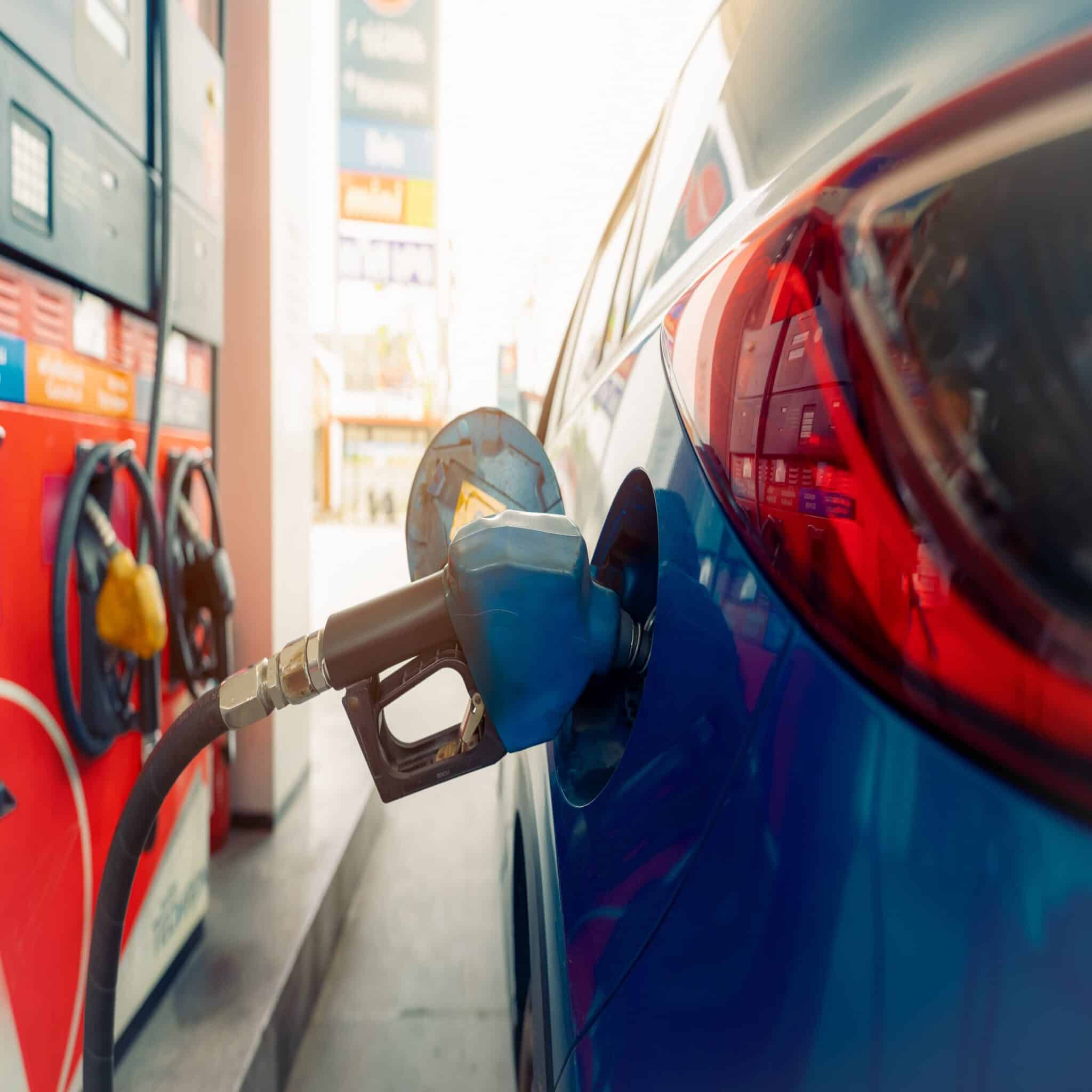As gasoline prices soar and environmental consciousness grows, fuel efficiency has emerged as a primary concern for numerous drivers. If you’re aiming to boost your vehicle’s gas mileage and cut costs at the fuel station, there are several straightforward strategies you can employ. In this blog post, we’ll delve into the most efficient methods for enhancing your car’s fuel efficiency.
- Keep Your Tires Properly Inflated
One of the easiest and most effective ways to improve your car’s gas mileage is to inflate your tires. When your tires are underinflated, it creates more rolling resistance, which means your car must work harder to move forward. This can lead to a decrease in fuel efficiency of up to 5%. To avoid this, check your tire pressure regularly and keep your tires inflated to the recommended PSI (pounds per square inch) listed in your owner’s manual. You can also invest in a tire pressure gauge to keep in your car and check your tire pressure whenever you fill up at the gas station.
- Avoid Aggressive Driving
Aggressive driving, such as rapid acceleration and hard braking, can significantly decrease fuel efficiency. When you accelerate quickly, you use more gas to get up to speed, and when you brake hard, you waste the energy you’ve already used to get up to speed. This can lead to a decrease in fuel efficiency of up to 33% on the highway and 5% in the city. To avoid this, try to accelerate and brake slowly and smoothly. This will not only improve your fuel efficiency but will also make your driving safer and more comfortable.
- Keep Your Car Maintained
Regular maintenance can also improve fuel efficiency. Dirty air filters, old spark plugs, and other issues can all decrease your car’s efficiency and make it use more gas. To avoid this, keep up with your car’s recommended maintenance schedule and address any issues as soon as they arise.
- Use Cruise Control
Cruise control can help you improve your car’s fuel efficiency. Setting your car to a consistent speed uses less gas than if you were constantly accelerating or decelerating. This is especially true on the highway, where cruise control can lead to a decrease in fuel consumption of up to 14%.
- Plan Your Trips
This is an efficient way to improve your car’s mileage. Combining multiple errands into one trip can reduce the distance you need to travel and save on gas.
- Remove Excess Weight
The more weight your car carries, the more fuel it requires to move. Remove any excess weight from your car, such as heavy equipment or luggage, to improve your gas mileage. Additionally, avoid storing unnecessary items in your trunk or backseat, as this can also decrease your fuel efficiency.
- Use The Air Conditioner Moderately
While using the air conditioning (AC) in your car can make for a more comfortable ride, it can also decrease fuel efficiency. However, moderate AC use can help improve your car’s gas mileage and fuel consumption. This is because driving with the windows down can create a drag, which increases resistance and reduces fuel efficiency, especially at higher speeds. Using the AC in moderation can reduce the drag and maintain a more aerodynamic profile, resulting in better fuel efficiency. Additionally, using the AC with proper maintenance and driving habits can help keep your car running smoothly and efficiently, improving your gas mileage.
- Obey The Speed Limits
This is a no-brainer. When driving at high speeds, your car’s engine has to work harder to overcome the increased air resistance, resulting in more fuel being used. Driving over 60 miles per hour can significantly decrease fuel efficiency. By sticking to the speed limit, you can maintain a more consistent and efficient speed, which can help you save money on gas. Additionally, driving at a moderate speed can also help you avoid sudden acceleration and hard braking, which can further reduce your car’s fuel efficiency. So, simply obeying the speed limit can improve your car’s gas mileage and reduce environmental impact.
Conclusion
Enhancing your car’s efficiency doesn’t necessitate significant alterations or costly investments. By incorporating these straightforward tips and tricks, you can adopt an eco-friendly driving approach while also reducing long-term gas expenses. Remember to maintain proper tire pressure, minimize idling, utilize cruise control, practice smart driving habits, adhere to regular car maintenance, eliminate unnecessary weight, and plan your journeys in advance. Wishing you happy and efficient driving!


